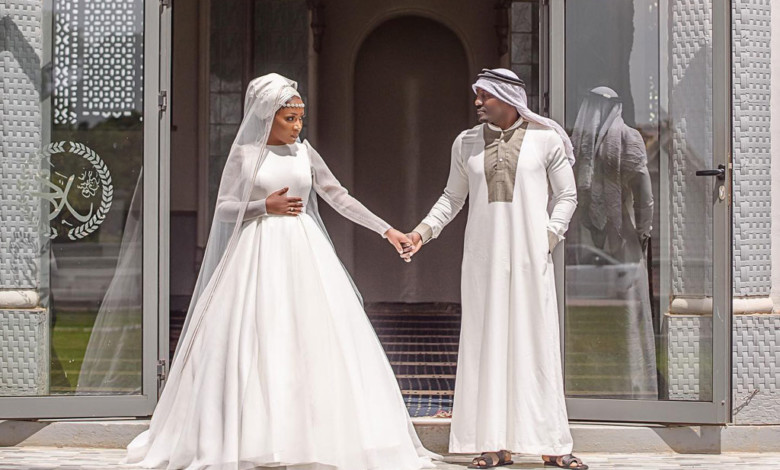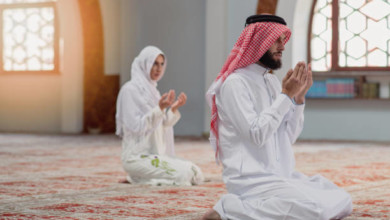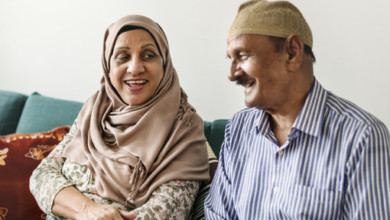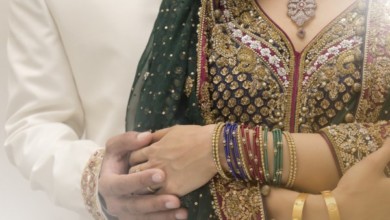Mahr; a Woman’s Right not a Price to Own Her

PART I
One of the famously discussed components of entering a marriage contract is the Mahr (a gift a groom makes to his bride) – some confuse it with bride price thus making the woman the property of her husband. In his weekly Fiqh of Marriage lectures, renowned Islamic scholar, Dr Abdul-Hafiz Walusimbi discussed the concept of Mahr, what it is, how it is given, and by whom and the nature of Mahr.
HANIFAH MASABA followed the lecture.
In Dr Walusimbi’s definition, Mahr is a valuable property which the wife is entitled to receive from the husband for the purposes of concluding a marriage contract.
“It doesn’t matter the social economic status of the wife or husband. The principle of Islam is clear that once a man expresses interest in marrying a woman, it’s his obligation to give his bride the Mahr,” said Dr Walusimbi.
This principle is not alien, as it was used even before the advent of Muhammad’s prophethood. As an ordinary man in his 20s, Prophet Muhammad (PBUH) married Khadija and gave her a dowry despite her being a wealthy woman.
This is despite being that she initiated the proposal for their marriage after she got attracted to his noble character.
“So, it would have been reasonable and understandable that Khadiija pays a dowry to Muhammad (PBUH). But this didn’t happen,” Dr Walusimbi reasoned.
It is not uncommon to find communities and men who develop a sense of ownership of their wives, commodifying them on grounds that they bought them simply because they gave their wives the Mahr. This is un-Islamic, argued Dr Walusimbi, adding that Mahr is a demonstration of a man’s love and an acknowledgement of a woman’s independence to earn but in no way an implication that a man has bought her.
Giving Mahr is a show of a husband’s respect and love for his wife but not as a price for the consideration of sexual or reproductive services. Even if Allah destines that the woman doesn’t produce, a man shouldn’t demand a return of dowry on the understanding that the lady has failed to give him a child.
Allah says in Surat An-Nisa 4:4; “Give women [you wed] their due dowries graciously. But if they waive some of it willingly, then you may enjoy it freely with a clear conscience.” Based on the verse, Dr Walusimbi argued that while it is permissible for the wife to share it with the husband, men should not abuse this provision by begging their wives for a portion of the Mahr to solve their (men’s) problems.
Women need to understand dowry as a demonstration and commitment of the man’s ability to provide for and maintain her. If a man hesitates to give his wife Mahr, it should send a bad signal to the wife. Similarly, if a man known to have the financial ability to provide the requested Mahr over negotiates for a reduction, it sends a signal that perhaps he is a miser and mean.





